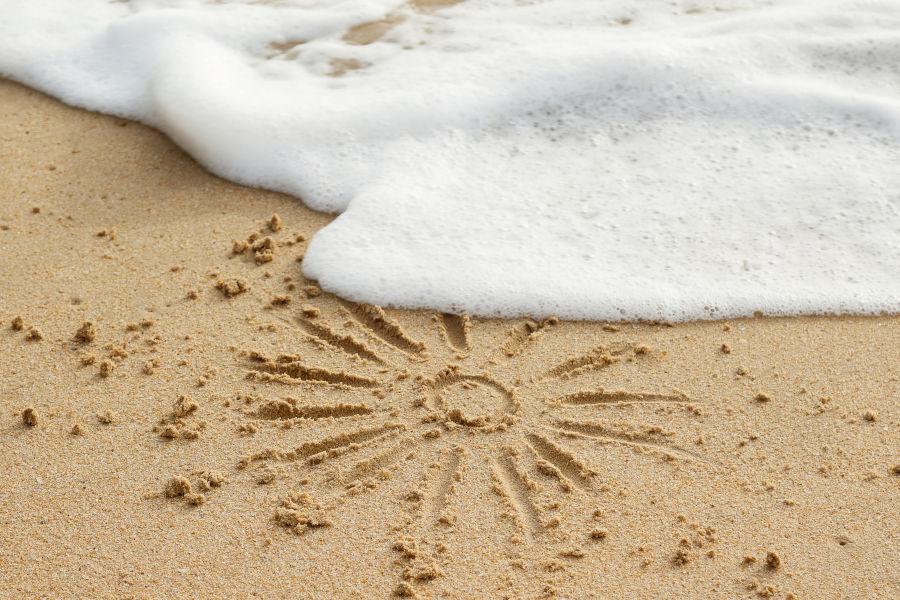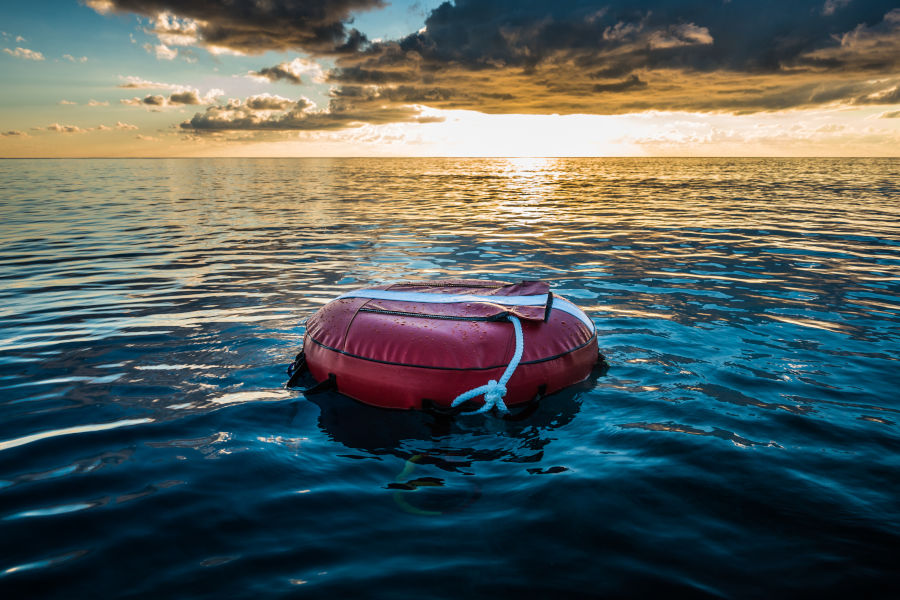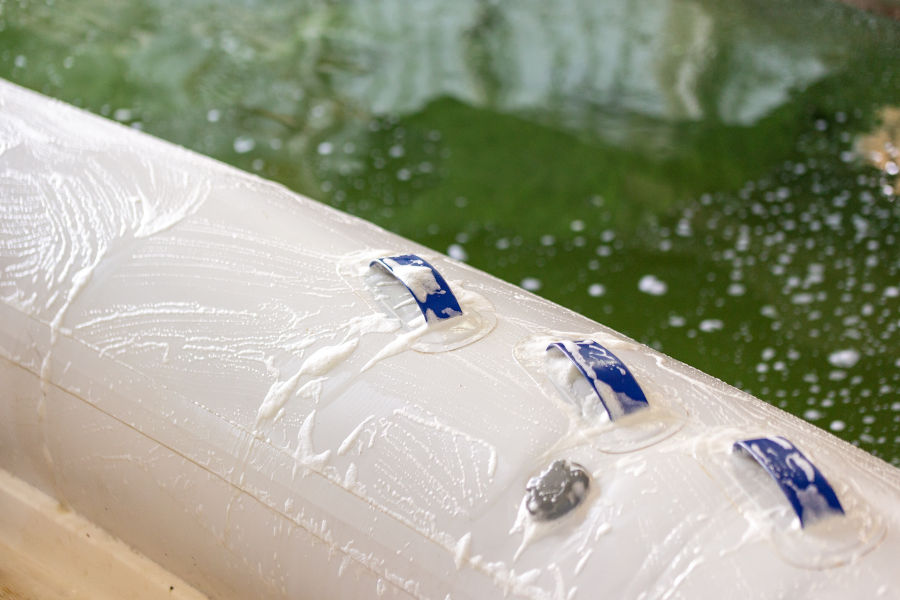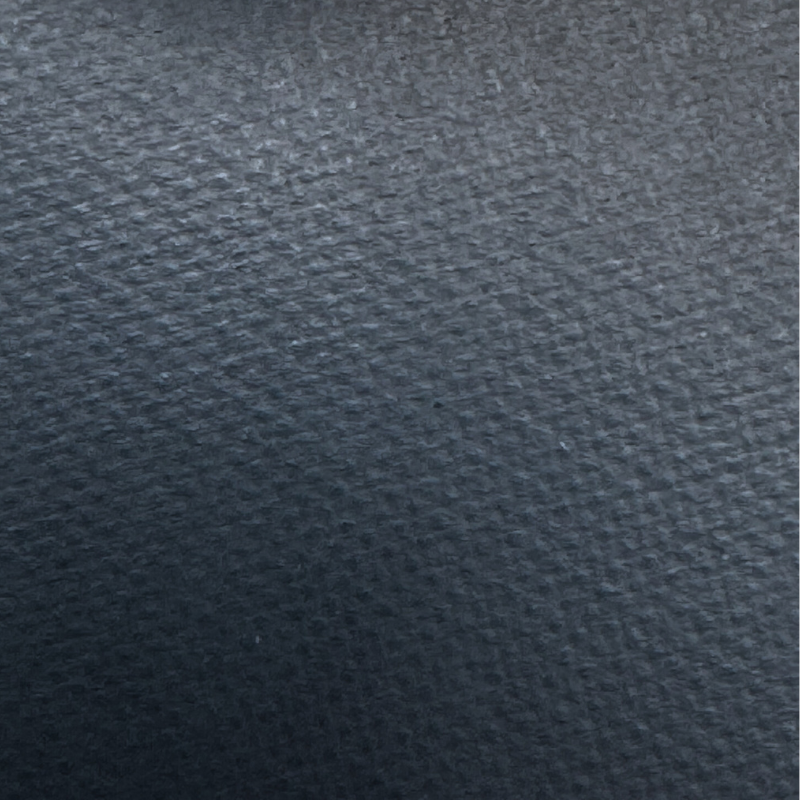
Seams coming apart on the flanges of a semi-rigid boat: what to do?
Air leaks, bladder deformation, loss of performance and sailing hazards: seam separation on the bladders of your RIB boat is not to be taken lightly.
In this article, Orca Retail guides you step by step to better understand this phenomenon, and how to take action.
We'll start by looking at the causes and consequences of seam delamination, then move on to prevention and repair to solve your problem.
So, what do you do if the seams on your RIB are about to give out?
Read on to find out!"
Causes of semi-rigid seam delamination

Unfortunately, there's often more than one culprit when it comes to this phenomenon: many factors can influence the durability of your RIB seams and bladders. Let's review the rank of the accused, to better prevent future risks:
Manufacturing defects
- Shoddy materials: Using inferior materials can weaken seams.
- Manufacturing errors: Errors during the manufacture of seams can make them more susceptible to delamination.
The misuse of the boat
- Contacts and bumps: Rubbing against docks, rocks or other boats can damage seams, as can bumping into obstacles.
- Overloading the boat: Excessive overloading can put a lot of pressure on the seams and make them brittle.
- Excessive speed: Excessive speed can create significant forces on flanges and seams.
- Jerky manoeuvres: Jerky manoeuvres can put sudden pressure on seams and weaken them.
The weather and weather conditions
- Sun: UV rays alter the structure of PVC, making it more brittle and fragile.
- Salt: Salt water corrodes seams and makes them porous.
- Humidity: Humidity encourages the development of mould and fungi, which can attack seams.
- Changes in temperature: Changes in temperature weaken PVC and can cause cracking.
Natural wear and tear
- Average lifespan: The seams on the flanges of a semi-rigid boat have an average lifespan of 10 to 15 years. If your boat is in this range, it's perfectly normal to see some wear and tear and to think about repairs or replacements.
- Other factors influencing lifespan: The maintenance, use and storage or wintering environment of the boat impact the longevity of the seams.
In summary, there are many factors that can weaken the seams on your RIB boat and it's important to be aware of them in order to prevent and repair them.
Seam separation consequences

Seam separation on a RIB boat can have serious consequences for its floatability, performance and passenger safety.
Air leakage and loss of pressure
When the seams come loose, the bladders lose air and pressure. This can compromise the boat's buoyancy, making it difficult to manoeuvre and susceptible to tosinkinginto the water. In the event of a major leak, the boat could even sink.
Deformation of the socks
Seam separation can also deform the bladders, making them asymmetrical. This affects the boat's performance by reducing its speed and manoeuvrability. The boat becomes more difficult to control and is more likely to be damaged in the event of a collision.
Safety risks
In the event of significant disbonding, the flanges may tear and throw debris at high speed. This can cause serious injury to passengers, particularly to the eyes and head.
If the bladders deflate completely, the boat may capsize or sink. Passengers then risk falling into the water and injuring themselves, particularly in difficult weather conditions, with the risk of drowning.
Prevent seam delamination for safe sailing

Seam separation is a common problem on RIB boats, but it can be avoided with regular maintenance and responsible use.
Cleaning and storage
Clean the bladders regularly with suitable products after each use to remove salt, dirt and residues that can weaken the seams.
When not sailing, store your boat in a dry place away from the sun. UV rays can degrade PVC over time, accelerating the wear of seams.
Inflation and capacity
Avoid excessive pressure on the seams by controlling the inflation of your bladders.
Avoid overloading by respecting the maximum weight capacity allowed.
Monitoring and prevention
Detect early signs of wear before they turn into more serious problems. Inspect the seams regularly for cracks, delamination or signs of weakness. If you spot any damage, carry out preventive repairs as soon as possible.
Finally, drive carefully and avoid excessive bumping and rubbing against docks, rocks or other boats.
Repairing loose seams: ensuring smooth sailing

The extent of the detachment determines the repair method.
For small tears, using a special marine PVC two-component adhesive is generally sufficient. Be sure to follow the manufacturer's instructions carefully for correct application.
In the event of significant delamination, it is necessary to replace the damaged seam section. This type of repair requires special expertise. Call on a qualified professional who can guarantee work that lasts and complies with safety standards.
Our Orca Retail neoprene fabrics are a great option for seam repairs.
This material offers increased resistance to weathering, UV and abrasion, ensuring a durable, high-performance solution.
In addition, Orca Retail neoprene fabrics come in a wide range of colours and textures, allowing you to find a solution to suit the aesthetics of your boat.
ARE YOU PASSIONATE ABOUT SAILING AND SEMI-RIGID BOATS?
Read more about the world of RIBs:





